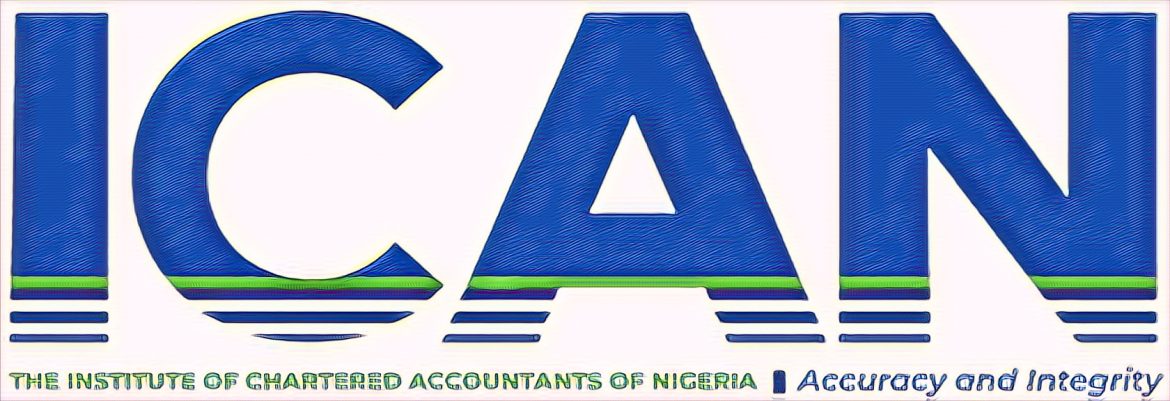The Institute of Chartered Accountants of Nigeria (ICAN) on Monday advised caution regarding the assumptions underlying the 2024 Federal Government budget, particularly concerning oil prices, deficit financing, inflation, and policy coordination.
Simultaneously, ICAN announced plans to launch a sustainability and inclusive development index. This initiative aims to evaluate the government’s accountability and its contribution to citizens’ well-being through financial management.
President Bola Tinubu recently outlined the government’s intention to spend N27.5 trillion in the new fiscal year. He emphasized the budget’s focus on attracting investment and providing “renewed hope” during tough economic conditions. Key spending areas will include security, infrastructure, and measures to alleviate the cost of living crisis. The President anticipates increased production and tax collection, allowing for reduced borrowing.
However, ICAN President Dr. Innocent Okwuosa, speaking in Lagos, expressed cautious optimism. He acknowledged positive aspects of the budget but emphasized the need for realistic assumptions, especially regarding oil production and prices. Okwuosa highlighted a discrepancy between Nigeria’s OPEC allocation and the budget’s production assumption, raising concerns about the budget’s feasibility.
Okwuosa also pointed out the budget’s inflation rate assumption of 21 percent, contrasting it with the current higher rate of 27 percent. He questioned the likelihood of achieving the target rate given existing economic conditions. Additionally, he expressed skepticism about the assumption of effectively coordinating fiscal and monetary policies to spur growth, citing historical challenges in this area.
Furthermore, ICAN is set to introduce a new initiative focusing on sustainability and inclusive development. This index will assess government accountability and financial management in contributing to citizens’ well-being, aligning with the Sustainable Development Goals (SDGs). The initiative aims to go beyond traditional financial metrics, addressing the needs of the poor and vulnerable.
The index, approved in principle, is awaiting a presentation to the council. A committee will then be formed to develop a comprehensive framework. ICAN’s stance and upcoming initiative represent a critical approach to evaluating government policies, emphasizing the importance of realistic planning and inclusive growth in Nigeria.


